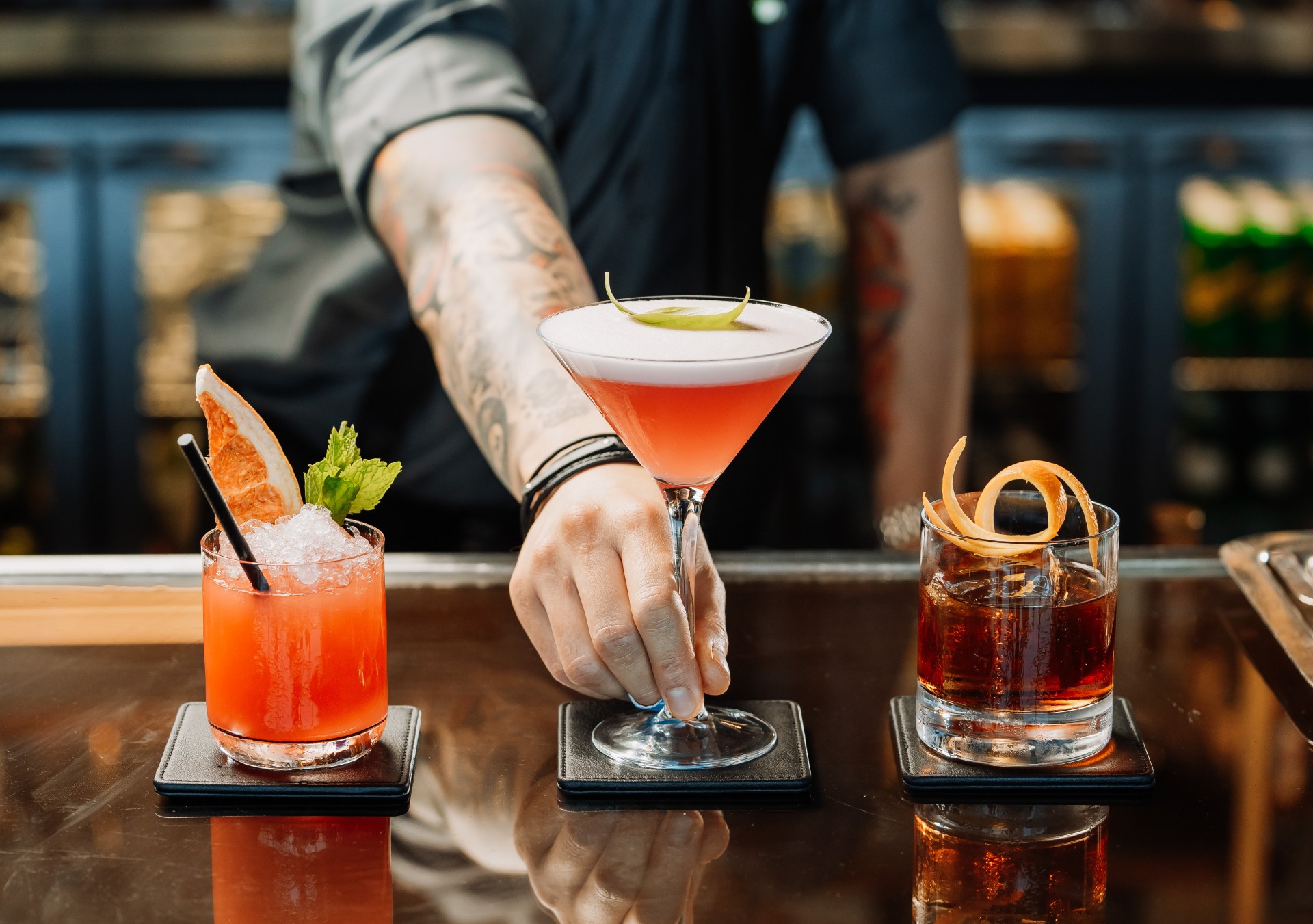Just as “clothes make the man,” in today’s cocktail culture, ice makes the drink. Gone are the days when ice was merely a means to chill. Now, it is recognized as a crucial ingredient that can either enhance or detract from the overall flavor, aroma and presentation of a cocktail.
“Ice is the gauge of a sophisticated bar program; one that pays attention to every step of service,” said Adam Crocini, senior vice president and global head, Food and Beverage Brands, Hilton. “Utilizing the right ice in the right way, thinking through everything from dilution to presentation, illustrates a program’s commitment to the overall guest experience.”
As Hilton looks to create distinctive food and beverage destinations in an increasingly competitive landscape, the devil is in the details. “We are fortunate to have great partners in our managed estate who share our global vision and continually raise the bar in their respective markets to evolve the concept and expectation of the hotel bar,” said Crocini. “Top-quality ingredients, expertly proportioned and served in beautiful glassware with a thoughtful garnish are the makings for a truly exceptional cocktail. If the proper amount and style of ice is overlooked, a masterfully crafted concoction will be all for naught.”
But with so many different ice styles and shapes, how is one to know which to use for a given cocktail? Here, Hilton bar directors from around the globe weigh in with their “chilling” thoughts on cocktail ice.
Small Cubes
One-inch cubes are commonly found at cocktail bars. They are a versatile choice for “refreshing” versus “spirit-forward” cocktails, as they cool drinks efficiently while offering a balanced dilution rate. Think Palomas, Tom Collins or Gin and Tonic. Small, uniform cubes enable cooling and dilution to occur at a consistent rate throughout the drink.
“Our ice is made with a special technique that allows oxygen to escape. The cubes remain transparent and more solid, which also provide a great base for branding,” said Luis Gutierrez, bar manager, Waldorf Astoria Cancun.
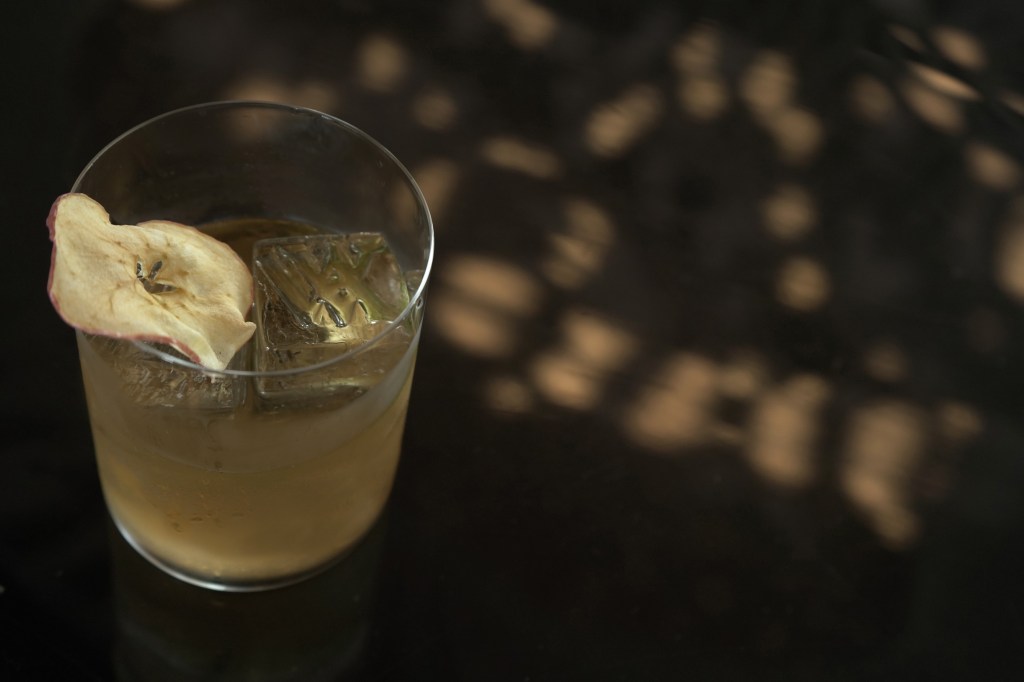
Large Cubes
Many cocktails, especially spirit-forward drinks, can benefit from a singular, large cube of ice. Large, clear cubes lessen dilution simply because they take longer to break down. They also expose less cold surface area to the liquid compared to multiple, smaller cubes. When a bar program features premium spirits, the curator wants guests to enjoy the nuances of these finer products.
“Denser, clearer ice provides just the right amount of chill without the worry of watering down the drink,” said Alejandro Saravia, bar manager, LuminAir, DoubleTree by Hilton Amsterdam Centraal Station. “In the case of our Match Flame cocktail, for example, we want to ensure that the last sip is just as perfect as the first.”
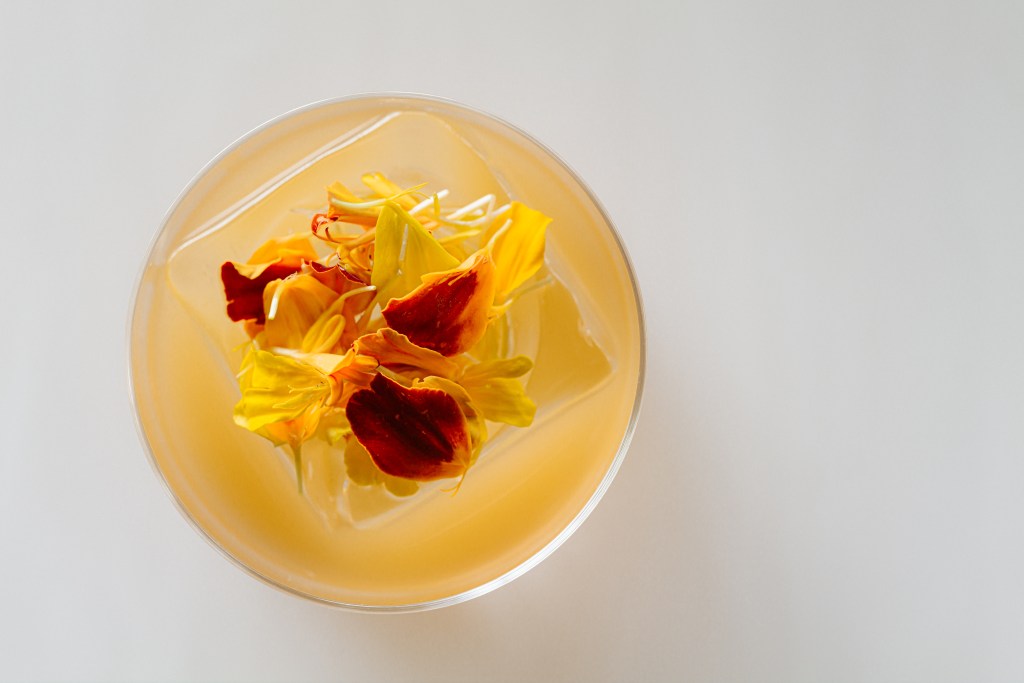
Ice Spheres
Ice spheres substantially impact the presentation and overall quality of cocktails. As any mathematician can tell you, spheres have even less surface area than cubes, resulting in even less dilution of a drink. Spheres also have the added benefit of looking quite sophisticated in a glass.
“Not only does this innovation enhance the aesthetics of your favorite libations, but it also ensures that you can savor your drink without the unfortunate consequence of rapid dilution that plagues traditional ice cubes,” said Miguel Sanchez Borrego, bar manager, Bernard’s, Waldorf Astoria Chicago. “In Borrego’s Old Serrano cocktail, for example, the extra-large sphere has enough heft to keep the ice at the bottom of the glass until the last sip.”
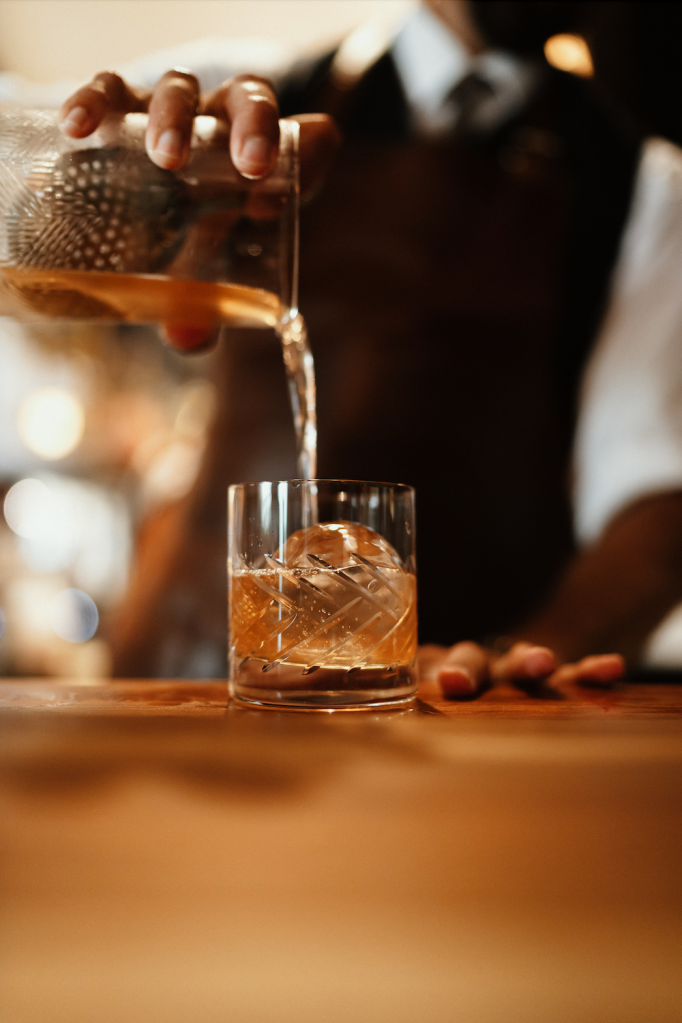
Carved Ice
Carved ice is a step above, both in production and presentation. Programs that feature these iconic shapes invest in both ice block machines and staff who are truly skilled in multiple art forms. Ice blocks are agitated during the freezing process, allowing impurities to rise to the top of the block and be removed. The result is pure, clear ice that can be molded to fit whatever shape is needed to enhance a drink.
For example, Rusty Cerven, beverage director, Conrad Singapore Orchard, said, “The hand-cut ice, shaped into a triangle wedge as a heartfelt homage to the iconic Flatiron Building, symbolizes our commitment to artistry, innovation and the essence of New York in every glass. It is a testament to our unwavering commitment to crafting exceptional cocktails that stand the test of time.”
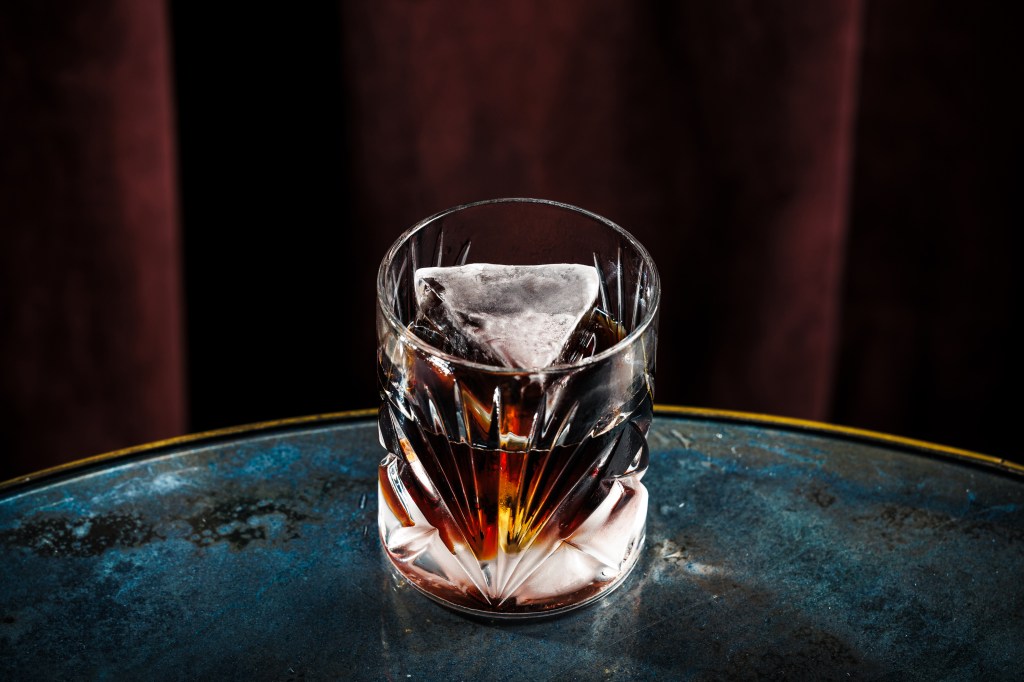
Chipped Ice
With its irregular and crushed texture, chipped ice is a versatile form of ice commonly used in various culinary applications. Its quick melting and moldability make it ideal for crafting cocktails, adding both texture and a touch of elegance to drinks.
“When using chipped ice, we want dilution,” said Ekkaluck Jongwang, mixologist, The Loft, Waldorf Astoria Bangkok. “Often, these drinks include multiple spirits and can be quite high in ABV [alcohol by volume] on their own. They are shaken with ice to chill the liquid, poured into a statement vessel and then finished with chipped ice that is visible to the guest such that the ice becomes part of the overall presentation.”
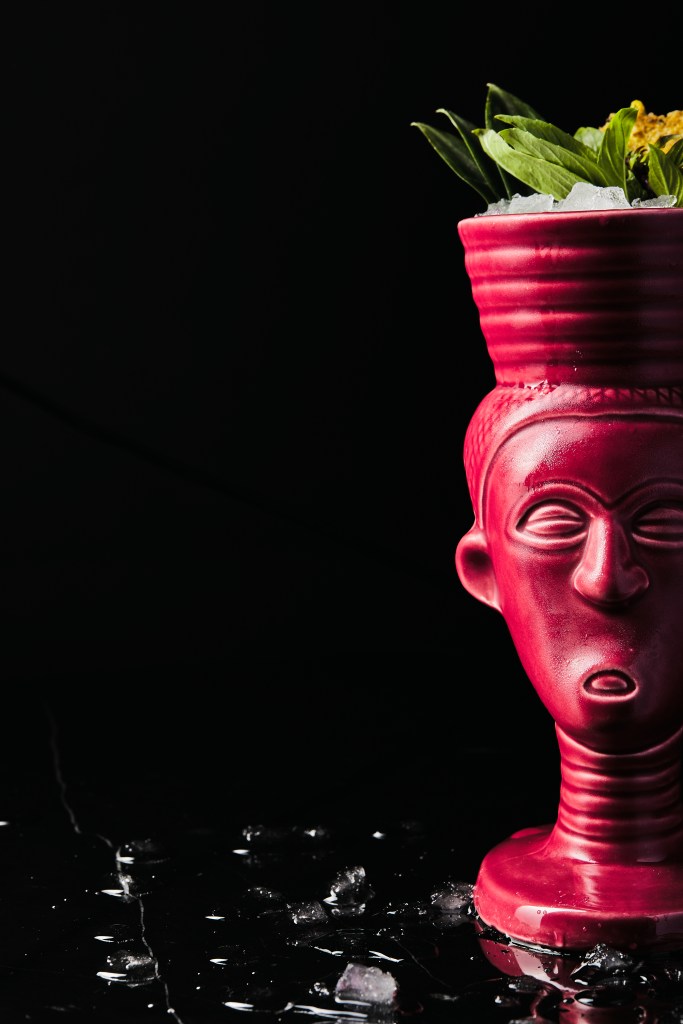
Collins Spear
Much like ice spheres, Collins spears keep cocktails cool with slower dilution. That said, this cube (actually a rectangle) is custom made for its tall, narrow vessel (the Collins glass), giving a highball drink a uniform look, not to mention a bit of refinement.
“Bespoke cocktails deserve bespoke ice,” said Nigel Tindall, bar director, Revery Bar, London Hilton on Park Lane. “At Revery Bar, we put great thought into the size, style and purity of our ice so that our guests enjoy every aspect of the experience, from the first reveal to the last sip.”
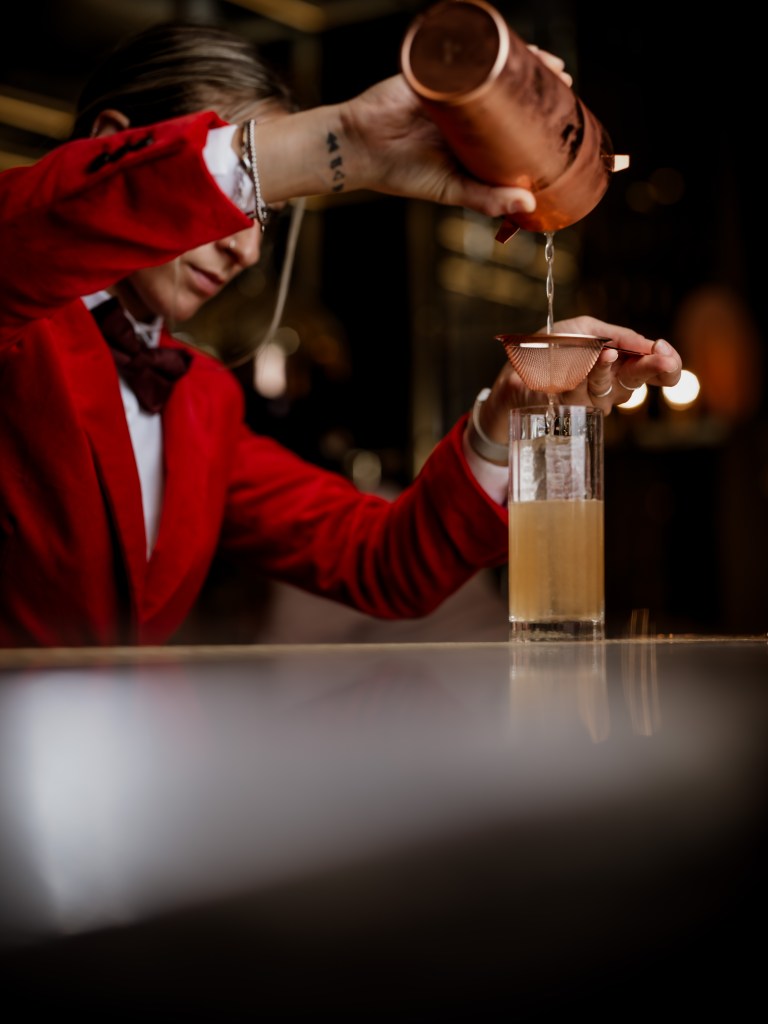
From its humble origins to chill a beverage, ice has evolved into an art form, a science and a symbol of craftsmanship in mixology. As you savor your next cocktail, take a moment to appreciate the silent, yet profound role that ice plays in elevating your drinking experience. Cheers!
